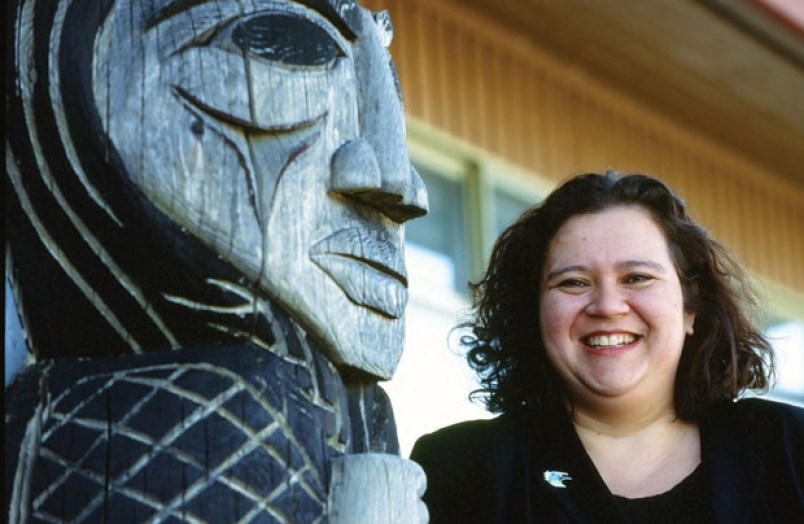2019 has seen some interesting turns in relation to Indigenous issues locally and nationally.
Provincially, B.C. has led the way in Canada through the passage of Bill 41, the Declaration on the Rights of Indigenous Peoples Act. B.C. is the first province in the country to introduce legislation that commits to creating a joint action plan to harmonize its laws with standards set out by the United Nations Declaration on the Rights of Indigenous Peoples.
It also is viewed as a substantive commitment to advance reconciliation of Indigenous rights with the government of B.C. Although some are nervous that this legislation will allow First Nations to veto major projects crossing their territory, most believe that it really provides a minimum standard for government and industry to respect when it comes to Indigenous rights. In fact, I believe many already comply with these standards.
Federally, the year started off with the explosive controversy surrounding Jody Wilson-Raybould’s resignation from Justin Trudeau’s cabinet over issues pertaining to SNC-Lavalin. This situation, along with other events and outcomes, has made First Nations leaders question the prime minister’s commitment to Indigenous rights. And while some progress has been made, there have been some setbacks.
The issue of First Nations child welfare puts this tension in sharp focus. While the Act Respecting First Nations, Inuit and Métis Children, Youth and Families came into force in September, the federal government is challenging a ruling from the Canadian Human Rights Tribunalthat would compensate First Nations children who were taken from their families for reasons other than emotional, physical or sexual abuse. So many feel that while the legislation was one step forward, the tribunal challenge is two steps back.
The government of Canada did manage to pass Bill C-91, an Act Respecting Indigenous Languages, in June 2019, but Bill C-262, federal legislation that would harmonize Canada’s laws with the United Nations Declaration on the Rights of Indigenous Peoples in Canada, made it through Parliament in 2018 only to fail to make it through Senate in 2019.
The federal election this fall illuminated the different party platforms on Indigenous issues, and there was a record number of Indigenous candidates for this election for all parties, a good sign of Indigenous participation in Canada’s institutions. Of course, Indigenous people across the country were heartened to see Wilson-Raybould re-elected in her riding of Vancouver Granville, where I expect she will continue to have an important voice in Parliament, despite a different role.
Shortly after being re-elected, Prime Minister Trudeau stated that reconciliation is still high on his list of priorities. Only time will tell how his minority government will perform on this issue. I hope that strong support from federal NDP leader Jagmeet Singhon progress for Indigenous communities will help keep the Indigenous-related policy agenda moving forward.
It seems some good groundwork has been laid federally and provincially. It will be up to First Nations to reciprocate in my opinion, and to ensure they can seize the opportunities presenting themselves. But the capacity required to negotiate and implement a new relationship is great, and all levels of government — federal, provincial and First Nations — need to think through how to get agreements across the finish line and then how to successfully implement these agreements.
The year 2019 is the 10th year the Tsawwassen Treaty has been in effect. It has been an important time for my reflection on the advance of reconciliation in B.C. and Canada. I am hopeful that others can find their path forward to provide a better future for Indigenous children in our communities. Locally, we see signs of progress from the Musqueam, Squamish and Tsleil-Waututh development corporation, and the ambitious real estate plans unveiled by the Squamish Nation. I think we will see many signs of progress in 2020 across the province — at least I hope we will.
Kim Baird is the owner of Kim Baird Strategic Consulting and a former Tsawwassen First Nation Chief.
Read the original article here.


